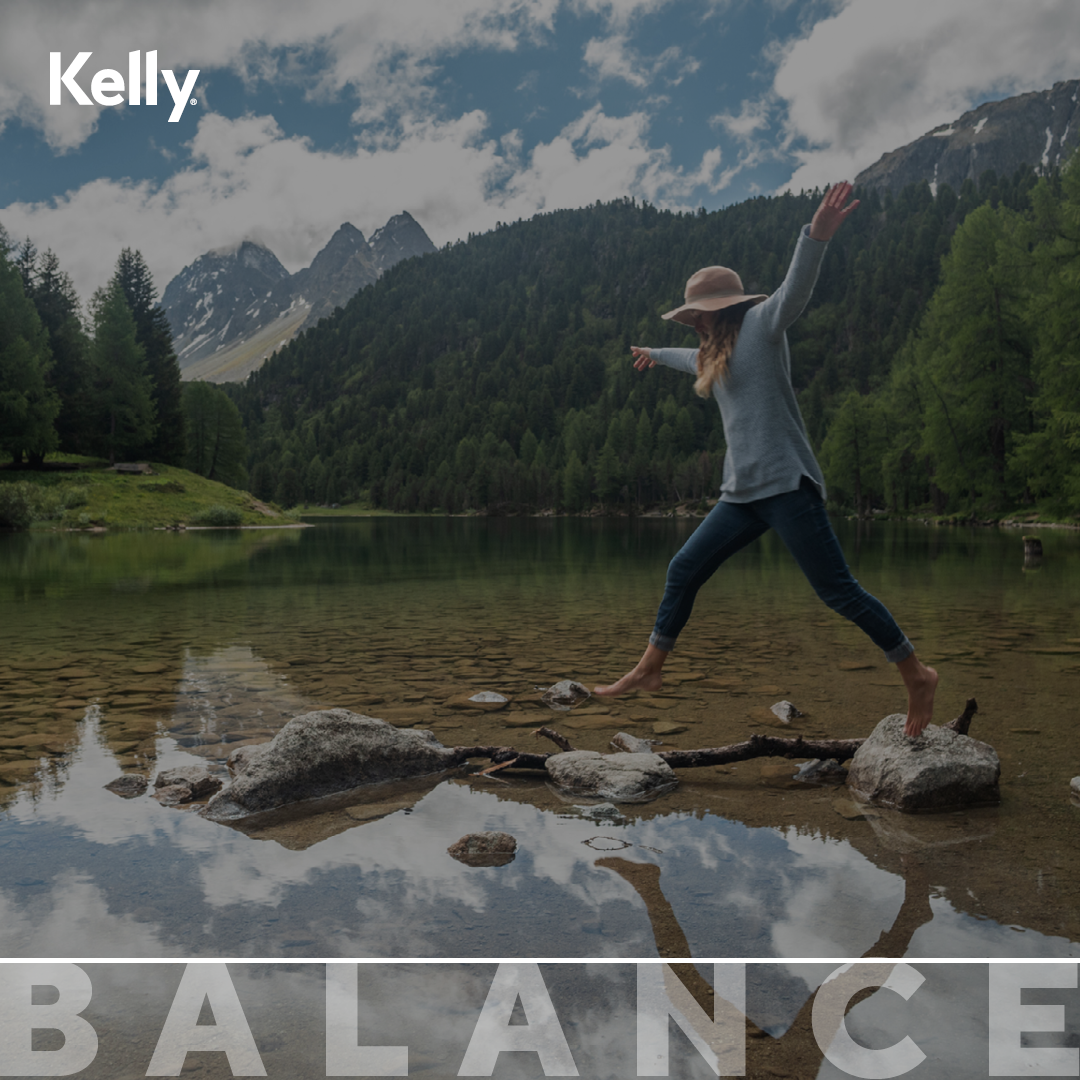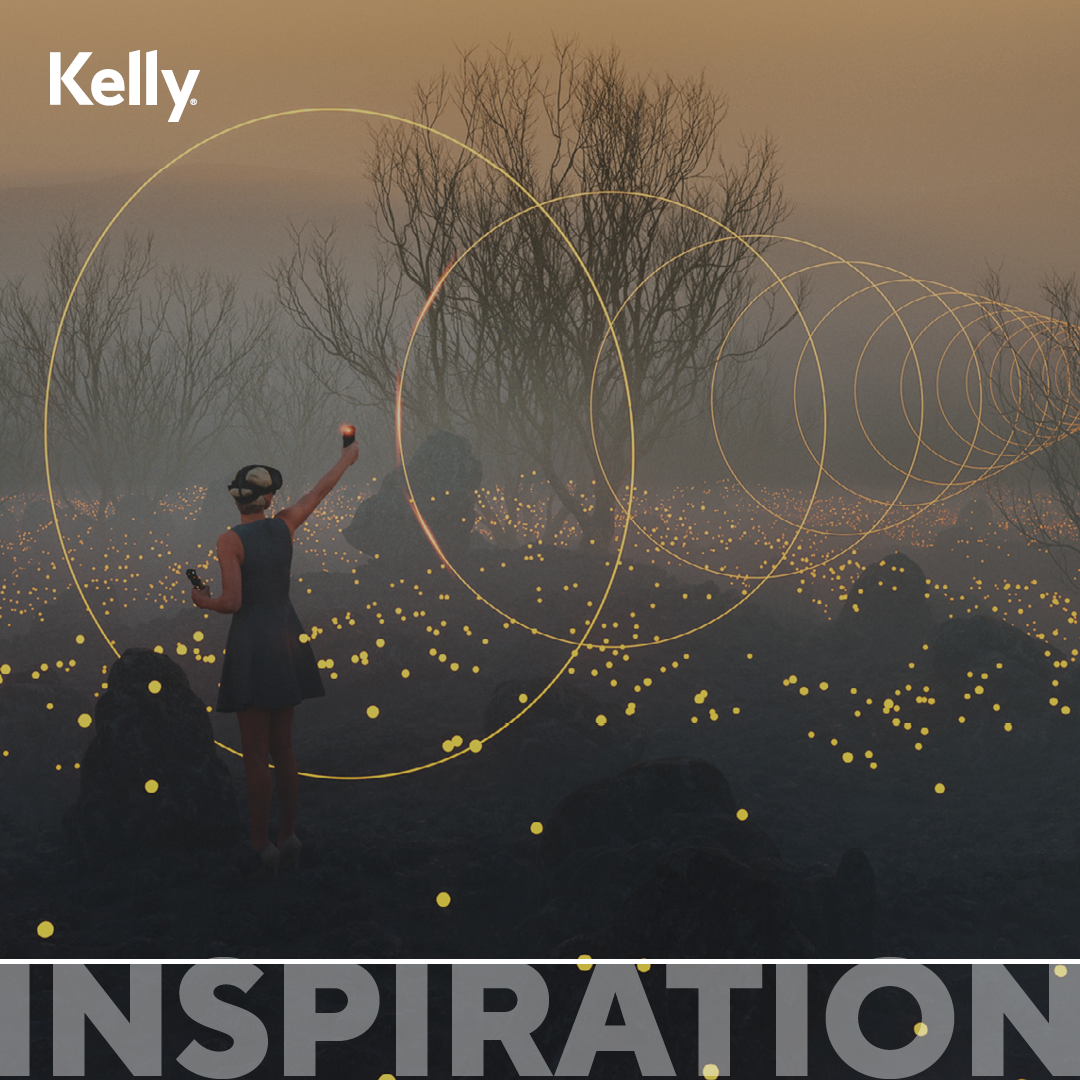
Are you motivated to build a more equitable workplace?
Then it’s good to know that there are several excellent books available that offer everything from background about racial inequality to tips for leading conversations about difficult subjects. Here are our top five choices:
We Can’t Talk About That at Work!
Written by Mary-Frances Winters, this book provides guidance on how to deal with sensitive subjects — like racial inequality — in a way that promotes stronger interpersonal ties. It offers information about the role of culture in shaping people’s habits, perspectives, and communication styles. In addition, it provides pointers on how to structure conversations about difficult topics.
So You Want to Talk About Race
This New York Times bestseller, written by Ijeoma Oluo, evaluates how various societal systems have contributed to oppression and racism. The author provides practical advice for both Caucasians and people of color when engaging in racial dialogue. For example, Oluo discusses challenging topics such as talking about white privilege, how to address racist remarks from acquaintances and friends, affirmative action, and intersectionality.
Bridging Differences for Better Mentoring
Authors Lisa Z. Fain and Lois J. Zachary provide practical advice for people who want to be more effective mentors in today’s diverse workplaces. They offer examples to show how mentors who come from different cultural backgrounds from their mentees can become more understanding, aware, and effective at building connections with others.
Divergent Mind: Thriving in a World That Wasn’t Designed for You
Written by Jenara Nerenberg — who herself has ADHD and autism — this book offers an in-depth look at why neurodiversity is often overlooked in society — and especially in women. It also discusses how to build a society that is more inclusive of neurodiversity and allows individuals with neurodiversity to flourish.
Between the World and Me
In this New York Times #1 bestseller, Ta-nehisi Coates offers an emotional, thought-provoking analysis of what it means to be Black in the United States. Coates uses both history and personal experiences to describe how race can be a defining factor in so many aspects of an individual’s life.
With the summer months ahead of us, now is an excellent time to spend a few hours every week reading. Even if you only read a few of these books, every bit of knowledge you assimilate can help you foster a more diverse and inclusive workplace.







